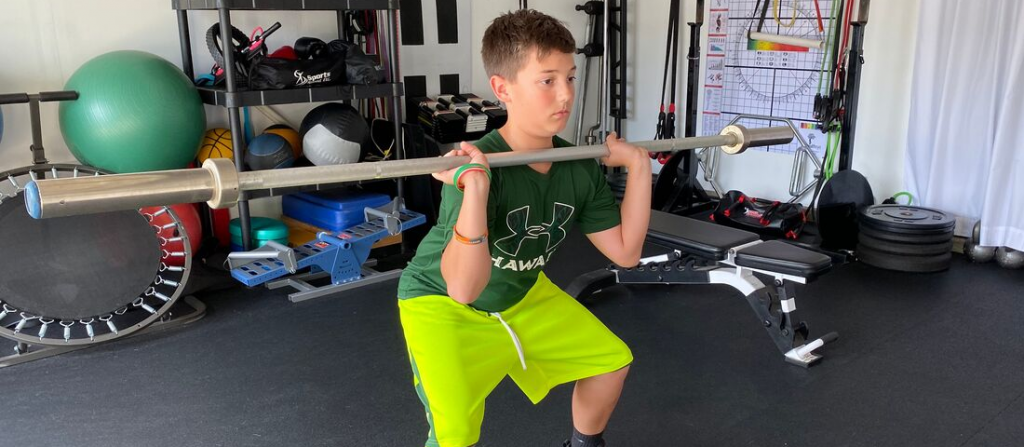We often speak of athletes who need to accomplish a skill based on the task in front of them and the environment it exists in.
Wait…
What does this really mean when it comes to training athletes?
The definition of task is defined as being assigned to do a specific job or work. In sports and training this means to accomplish the goal of properly performing an exercise. If speaking about the performance training arena or in sport, go compete to win the point, is an example.
However, what do we mean when we talk about the environment? This definition might mean something regarding the surroundings the athlete is performing in. It could mean what type of playing surface, how many opponents, how big are the boundaries, and so on.
If we combine task and environment, an example would be, how will an athlete perform on a wet turf when trying to change direction to avoid the opponent.
There is definitely room for both high coaching input and little coaching input, but which one allows for more organic “packing of stored information” into the athlete’s brain and memory?
The question is how much does the athlete learn while attempting a task in the environmental constraints? Including little to no coaching versus being coached all the way through the task and how to manage the environment?
How do I, as a coach, use this in my practice or training session? My answer is to allow as much self-discovery as possible, with drill choice, that leads to success. Even if failure is the mode at which success is being attained. For example; competitive tag games that are very difficult to win. However, a ton of learning occurs on how to dodge and attack and corral is taking place.
Self-Discovery
Allowing the athlete to self-discover and self-adjust is magical in its learning depth.
Input from the coach needs to feed the self-discovery, not block it. We often deny the effects of failure on learning. It scares us because we see the successful reps or performance in our heads and want the athletes to look like that.
Unfortunately, it just doesn’t work that way. We have to allow failure driven from our attempt at task completion within the constraints of our environment to “teach” us right from wrong. We have to allow that “feeling” of balancing failing with self-correction to retrieve the successful rep or play. A coach can’t give us that, but they can assist us from going down the wrong path too far.
In summary, training using task-completion and environmental variability to grow athleticism is so important. A coach has to recognize when self-discovery is serving the purpose or detracting from the purpose and intervene with appropriate corrective methods.
If we revisit the miracle of childhood development, we learn all we need to about task and environment. A child doesn’t understand verbal coaching cues, but does understand the need to accomplish a task and constraints of the environment.

